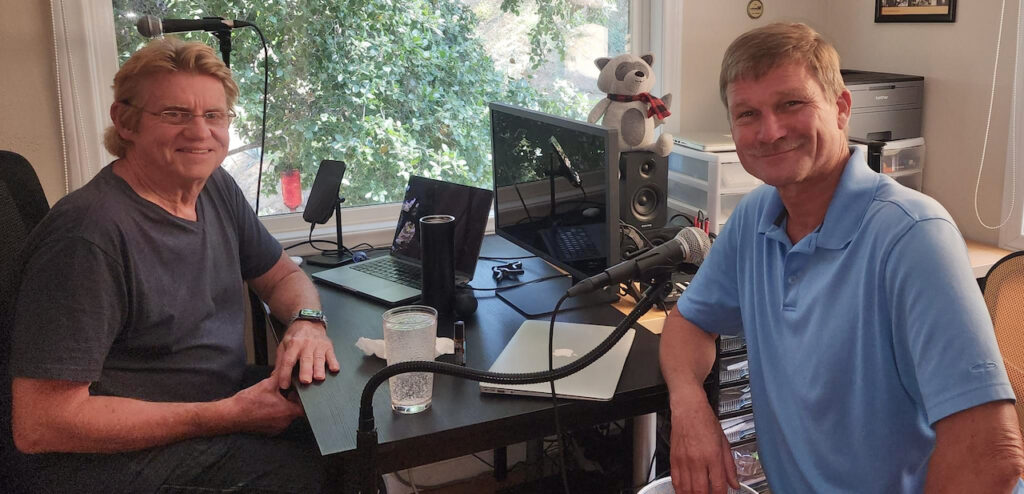Terence starts the discussion by quoting an article that says that “TV is the top tech device”, which leads to a discussion on the TV experience and viewing habits.
The discussion also delves into the connection between internet serve and cable, and the availability of internet. Then on to constantly changing nature of the media and entertainment industry. How do we deal with these change. Philip shares some of the changes his software business has experienced.
Terence asks how do we get what we work on, what we produce, get seen? Are we all going to be YouTube stars? The YouTube advantage as an artist. That leads to the value of “sucking” as a newbie.
The value of democratization of production, and the limitations, and the new literacies.
As a footnote to the discussion, Philip has upgraded to an Apple TV 4K and now watches almost all “cable” through Apple TV apps on demand, since this show was recorded mid 2017.
Podcast: Play in new window | Download (Duration: 22:40 — 10.4MB)
Subscribe:

